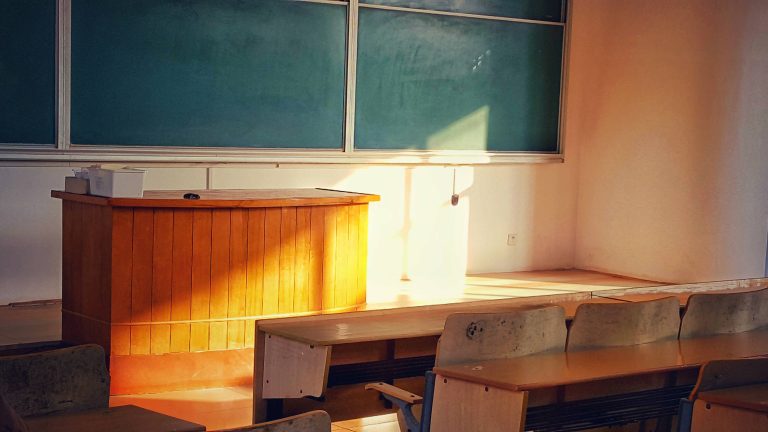Motshekga and ANC show true colours with Bela
The civil rights organisation AfriForum believes that the Minister of Basic Education, Angie Motshekga, has once again shown her and the ANC’s true colours, with her comments on the controversial Basic Education Laws Amendment Bill (also known as the BELA Bill). On 1 October 2023 Motshekga inter alia declared that the government is “past the stage” of making compromises to governing bodies “for the sake of peace in the country” and that “a self-respecting government” cannot allow a school governing body to prescribe a school’s language or admission policy.
According to Alana Bailey, AfriForum’s Head of Cultural Affairs, this makes several matters clear, including that the ANC is out to centralise all possible power in its hands, has no idea what a real democracy is, regards school governing bodies as a liability rather than the asset it actually is, and are proponents of monolingual English tuition.
Bailey mentions that Motshekga refers to the mythical child who lives across the street from an Afrikaans school. The minister believes that such a child should be able to insist on English instruction, even though the school is single-medium Afrikaans. “Would the same apply to the Afrikaans or Zulu child who lives opposite an English school and insists on mother-language education – especially in view of the fact that only a few weeks before, Motshekga had declared herself to be a huge supporter of mother-language education? And what about the primary school learner who lives opposite a high school, or opposite a school that does not offer the subjects he wants to take? Just as parents are prepared to travel hundreds of kilometres or place children in boarding schools for the sake of education in specialist fields, parents are prepared to travel hundreds of kilometres for mother-language education. Motshekga’s statements make it clear that only children who want English education have rights in her and her party’s eyes,” Bailey adds.
The self-respecting government Motshekga speaks of has little to be proud of, according to Bailey. “The same governing bodies and school communities that Motshekga vilifies, are the people who ensure that the state’s meagre contributions are supplemented so that teachers can be appointed in governing body positions, needy children are supported, school grounds are renovated and maintained, and schools’ lights can literally stay on when the state fails to settle municipal service bills. If we look at these examples and the results of international surveys such as PIRLS, we should rather speak of a government devoid of self-respect.”
Bailey maintains that, as the minister denies, but proves with her contradictory statements, the Bela Bill is an attack specifically directed against Afrikaans schools. Bailey emphasises, however, that the effect of its implementation will be much wider. “In Gauteng, we have already seen that even English-medium schools are being threatened to dramatically increase their learner intake and redeploy spaces that are used for, among other things, libraries, computer centres and laboratories, as classes to accommodate them. Along with the destruction of Afrikaans mother-language education and the termination of other indigenous languages’ aspirations to also be able to offer more opportunities for mother-language education, the Department will simply leave dysfunctional schools to their fate and keep on placing more and more learners in functional schools in an effort to keep voters satisfied. Bela is therefore also an attack against quality education. For this reason, everyone has to take a stand against it and, if it were to be passed, litigate against it together with AfriForum. The future of our youth is at stake,” she concluded.











